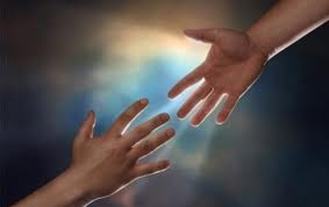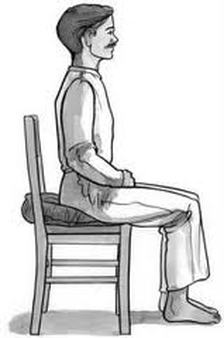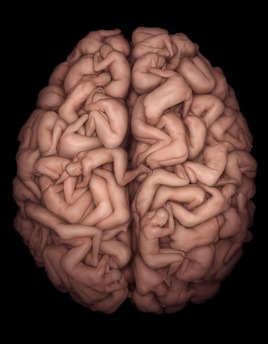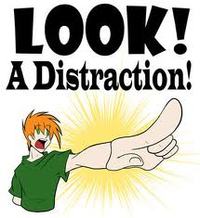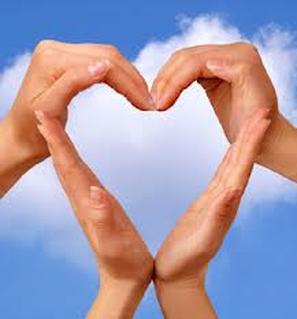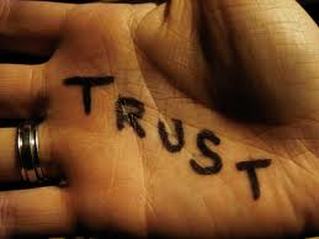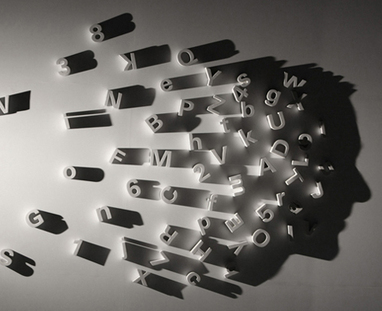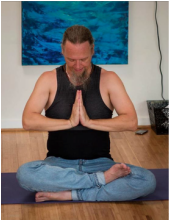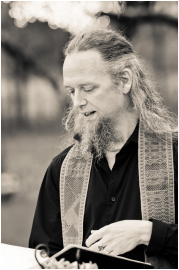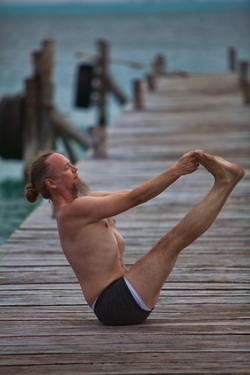
Study, like watch a flower bloom. Study, like read about a passion. Study, as in observe yourself and your behaviors to learn more about your own subconscious and how that might alter your perceptions. Dive deep, go into something wholeheartedly, devote time and attention. There are so many ways to study.
In the 8 limbs of yoga, we are told that Svadhyaya - study - is one of the imperatives. While there are many ways to translate or interpret the meaning of 'study' in this word, it's most often considered that studying sacred texts will help us study ourselves, as all is allegorical, metaphorical and simply about the true nature of consciousness. By broadening our perspective, we can begin to see the unity.
“It is useful to study different traditions in order to be free of attachment to any one way of expressing what is beyond expression.”
― Ravi Ravindra, The Wisdom of Patanjali's Yoga Sutras: A New Translation and Guide by Ravi Ravindra
I love Sutra 2.1 - I use it on my bio page, because to me, it defines the practice - not of asana, but of yoga. And, while I'm not recovering, it's a basically the Serenity Prayer -
tapah svadhyaya ishvara-pranidhana kriya-yogah (PYS 2:1)
let me have 'Tapah' (the creative force to make change), the Ishavari-Pranadhana (the ability to surrender to that which is greater) and the Svadhyaya (the wisdom to know the difference, what is called for)... this is the Kriya (practice) of Yoga.
I'm not suggesting you have to dive into the Sutras, read the Gita, go back to the Bible, or any sacred text. You could study yourself with Thoreau, with Schopenhauer, with Neitzche, with Shakespeare, with David Sedaris. Really, you can study through reading, or through experience.
I've spent a lot of time reading sacred texts, from all cultures. I'm emboldened by the original purity of the intention and message and how universal they are; I am dismayed by how much culture and time and imposition was added to the those texts and now they have been perverted through poor usage and other agendas. I thought the following quote was right on track...
“Spiritual literature can be a great aid to an aspirant, or it can be a terrible hindrance. If it is used to inspire practice, motivate compassion, and nourish devotion, it serves a very valuable purpose.
If scriptural study is used for mere intellectual understanding, for pride of accomplishment, or as a substitute for actual practice, then one is taking in too much mental food, which is sure to result in intellectual indigestion.”
― Prem Prakash, The Yoga of Spiritual Devotion A Modern Translation of the Narada Bhakti Sutras
This is why I prefer and suggest the study be experiential... that the classroom be the Self, that the Teacher or object of our study is the yoga or the mindfulness or the seva or whatever brings you into relationship with self and Self. Perhaps if you re-appropriated the word "study" out of the academic world, out of tests and proficiencies and all-nighters and simple regurgitation of facts, we could thrive in learning.
I like language, so let me end on that note - study, the etymology. If you trace most language groups back, they got to a common ancestor that is called P.I.E., or Proto-Indo European. This is the 'base language' for hundreds of language groups, which include Sanskrit and Latin and Greek. So, that's why we see cognates in Sanskrit to English. Sukha - Sucrose. Pada - Pedestrian, Podiatrist. Mukha - Mug as in Mugshot...
So, "study" comes down from a PIE root *(s)teu- which means "to push, stick, knock, beat". As it arrived into the Latin, it took on the connotation of "being diligent, moving forward, applying attention". By the 1300s, CE, it had the specific meaning of "application of the mind to the acquisition of knowledge".
But just keep it simple - push for it, stick to it, knock the disinformation and your preconceptions out of the way, beat aside falseness and even the temptation to take easy answers over truthful ones. Be diligent, move forward, apply attention. Apply your mind and efforts towards the acquisition of knowledge, and then thrive through that wisdom.
And, if you do all of that on a skateboard, or on the XBox, or by collecting Star Wars figures, then dive in, go deep, learn more. Study, be a student, learn to love learning and you will learn love and happiness.
Be well, give thanks and praise - last day here in Dallas assisting my fabulous teacher and mentor and friend, Seane.
Looking forward to getting back to the ATX and a fun weekend. Next installment coming up is, Step 11 - Aspire to Inspire!
